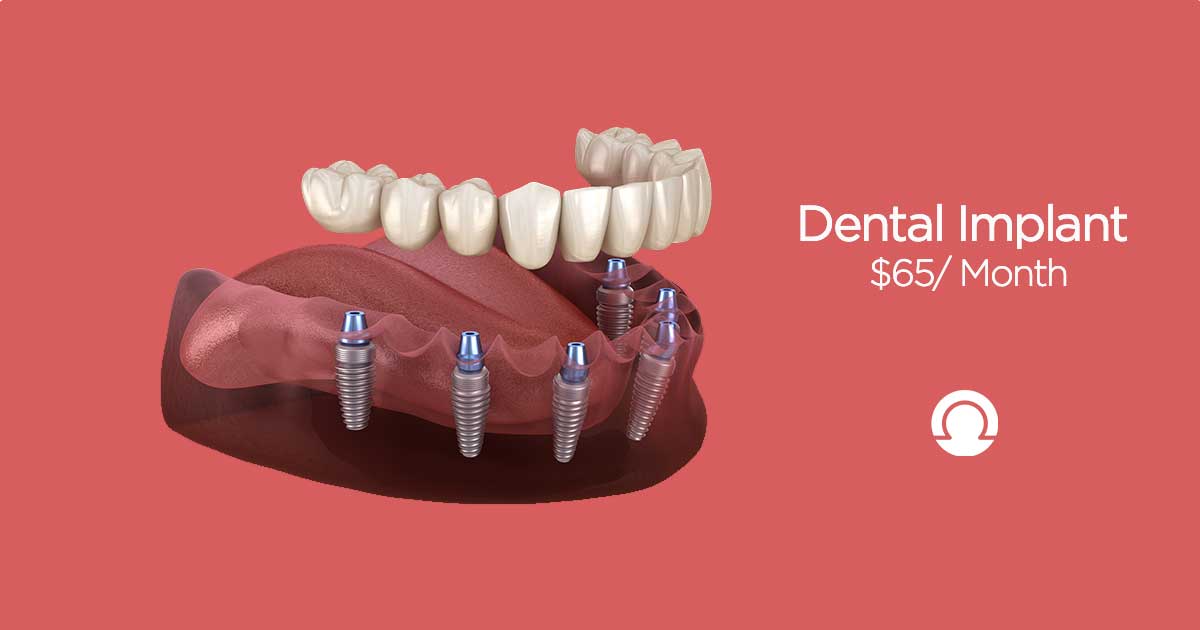The 3-Minute Rule for Dental Sense
Table of ContentsThe smart Trick of Dental Sense That Nobody is DiscussingSee This Report on Dental SenseThe Ultimate Guide To Dental SenseA Biased View of Dental Sense
are medical devices surgically dental implanted right into the jaw to bring back a person's capacity to chew or their look. They offer support for artificial (phony) teeth, such as crowns, bridges, or dentures. When a tooth is lost as a result of injury or disease, a person can experience problems such as rapid bone loss, defective speech, or modifications to eating patterns that cause pain.Dental implant systems contain an oral implant body and oral implant abutment and might also include an abutment addiction screw. Wisdom tooth cavity. The dental implant body is surgically inserted in the jawbone instead of the tooth's root. The oral implant abutment is normally attached to the dental implant body by the joint addiction screw and expands via periodontals right into the mouth to sustain the connected fabricated teeth
(https://dentalsense.godaddysites.com/f/transform-your-smile)Framework of The Oral Implant System selecting oral implants, speak to your dental company concerning the possible advantages and threats, and whether you are a prospect for the procedure. Points to consider: Your general health is a vital consider identifying whether you are an excellent prospect for dental implants, how much time it will take to heal, and the length of time the dental implant may stay in place.
Smoking might influence the recovery process and decrease the lasting success of the dental implant. The recovery process for the implant body may take several months or longer, during which time you commonly have a momentary abutment instead of the tooth. the oral implant treatment: Thoroughly adhere to the dental hygiene instructions offered to you by your dental supplier.
See This Report on Dental Sense
Implant failing can result in the requirement for one more operation to take care of or replace the implant system. Recovers the capability to eat Recovers aesthetic appearance Helps maintain the jawbone from shrinking as a result of bone loss Preserves the health and wellness of the surrounding bone and gums Assists keep adjacent (nearby) teeth steady Boosts quality of life Damage to bordering all-natural teeth throughout dental implant placement Injury to the surrounding cells throughout surgery, such as sinus opening Injury throughout surgical procedure (for instance, crack of surrounding jawbone) Insufficient function, such as seeming like the teeth do not attack with each other usually A sensation that the tooth hangs or twisting in position arising from an abutment screw loosening up Implant body failure (looseness of the implant body) because of systemic infection, which may be much more likely in clients with unchecked diabetes as a result of regional infection in bone and gum tissues supporting the implant body because of delayed recovery, which might be most likely in patients that smoke Trouble cleansing the gum tissues around the implant, resulting in inadequate dental health Neglected gum condition Post-surgical numbness because of nerve impingement or damages Always alert healthcare companies and imaging professionals that you have oral implants prior to any kind of magnetic vibration imaging (MRI) or x-ray treatments.
FDA is not knowledgeable about any damaging occasions reported for MRI or x-ray treatments with dental implants. Dental implants systems are generally made of materials that adhere to worldwide consensus criteria of the International Organization for Standardization (ISO) or ASTM International. These requirements have information of what makes a risk-free material.

A dental implant is a structure that replaces a missing tooth. With screw-like tools, the surgeon inserts an implant right into the jawbone, and it works as a support for an artificial tooth, called a crown. A gadget called an abutment attaches the fabricated tooth to the oral implant. The crown is tailor-made to fit the individual's mouth and match the shade of their teeth.
Getting The Dental Sense To Work
Some individuals are not eligible for oral implant surgical treatment. It is for oral cosmetic surgeons to operate on people with: intense illnessuncontrollable metabolic diseasebone or soft cells illness or infectionIf these problems are settled, a person can have the surgery. In, dental specialists avoid running on individuals with: If individuals with any of the above undergo dental implant surgical procedure, there is a greater threat of the implant falling short.

Dental dental implant surgical treatment is a tailored process. It's not the same for everyone. But the adhering to provides a basic introduction of what you can anticipate your dental practitioner, dental specialist, periodontist or prosthodontist to do: Put the implant operatively. Provide you time to heal. Connect the post and final crown, bridge or denture.
Next off, your specialist will meticulously position the oral implant into your jaw. Lastly, your specialist will certainly rearrange your periodontals and shut the cut with stitches. If your implant is near the front of your mouth, your dental expert will make a temporary tooth for you to wear up until you heal. This way, you won't have a void in your smile while you recover.
Dental Sense Can Be Fun For Everyone
Your company can inform you what to expect in your situation. During the recovery stage, your jawbone should fuse to the oral implant. This process, called osseointegration, is critical for stability and long-lasting success. This process can take anywhere from 3 to 9 months. Sometimes, it may take much longer.
As soon as your implant heals, your dentist can affix the abutment (tiny adapter post) and your last repair (crown, bridge or denture). This generally takes concerning one hour to finish and may require a 2nd small surgery. You should not really feel any type of pain throughout your dental implant treatment due to the fact that your company will certainly make use of drug to numb your periodontals.